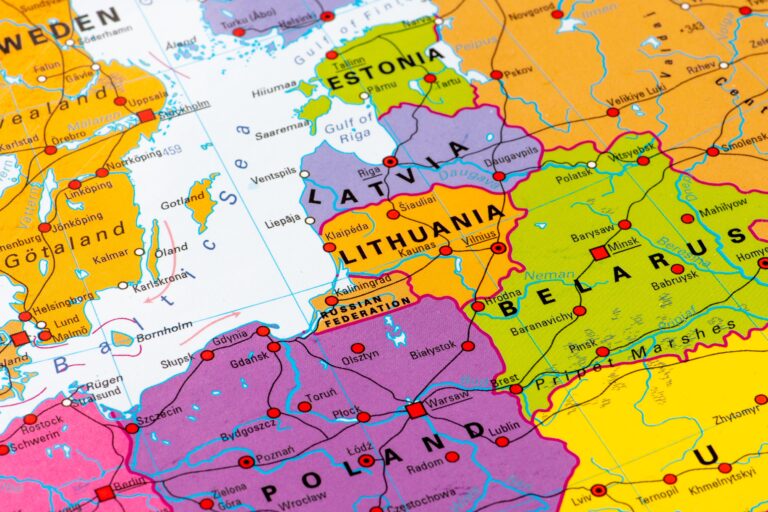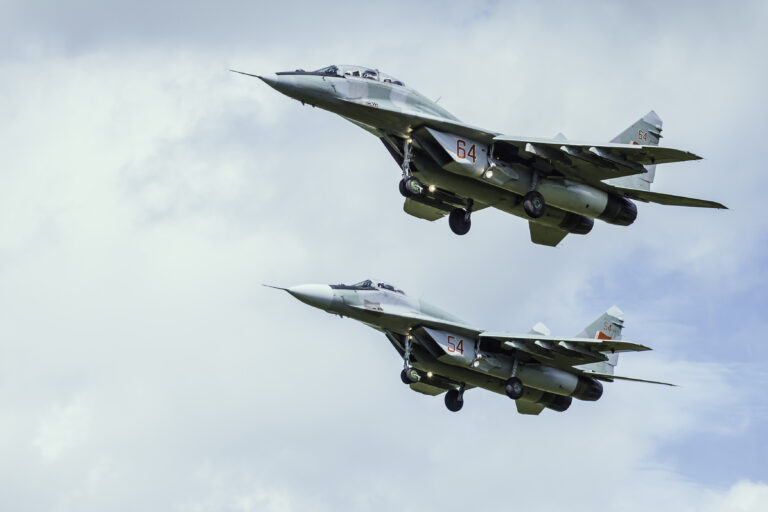Hybrid warfare is a subset of hostile activities against a state, falling under the category of hybrid threats but representing an escalated phase. These activities may also involve military means and the use of chemical, biological, radiological, and nuclear (CBRN) threats, marking a shift from under-detected or unattributed activities to overt coercion.
Hybrid warfare represents the “hard end” of the escalation spectrum of hybrid threat activity.
Learn about the topics under this theme
Related news and publications

JEF course sharpens understanding of hybrid threats among defence planners

 Hybrid CoE Paper 23
Hybrid CoE Paper 23Countering state-sponsored proxies: Designing a robust policy

 Hybrid CoE Paper
Hybrid CoE Paper Hybrid CoE Paper 20: Ukraine’s position in Russia’s strategic thinking: Domestic, regional and international order

 Hybrid CoE Working Paper
Hybrid CoE Working Paper Hybrid CoE Working Paper 33: State, non-state or chimera? The rise and fall of the Wagner Group and recommendations for countering Russia’s employment of complex proxy networks

 Hybrid CoE Working Paper
Hybrid CoE Working Paper Hybrid CoE Working Paper 32: Russia’s hybrid threat tactics against the Baltic Sea region: From disinformation to sabotage

The sixth Cyber Power Symposium discussed the use of cyber-related technologies, such as AI, to gain cognitive superiority

 Hybrid CoE Working Paper
Hybrid CoE Working Paper Hybrid CoE Working Paper 27: Use and abuse of international law: Russian military training and exercises in its foreign relations

ESDC-led course ‘The Contribution of Cyber in Hybrid Conflict’ held for second time in Helsinki
Related functions
Get to know all our themes
The Centre focuses on diverse aspects of hybrid threats – from soft power to military means, and from policy to practical questions.






